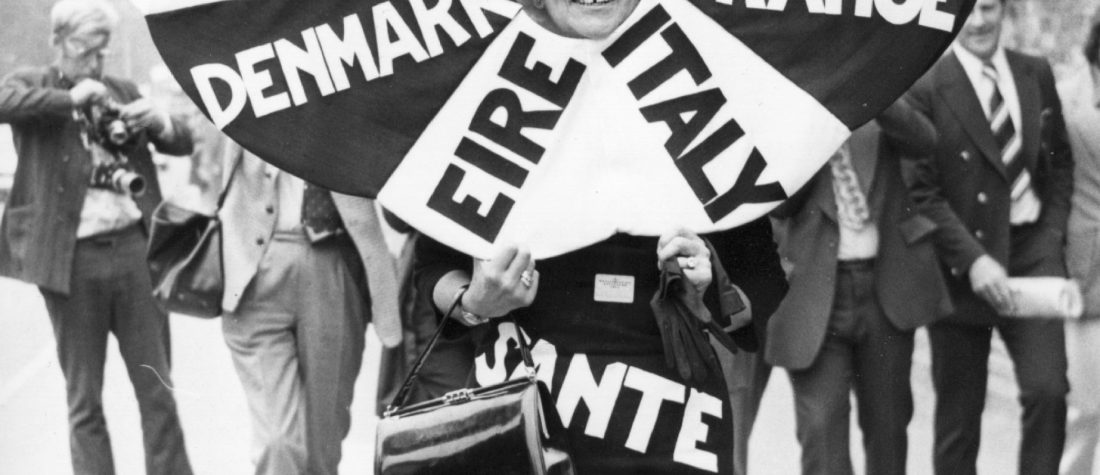“The future of Europe and its people now worries me more than that of Britain,” declares Robert Tombs here, perhaps surprisingly. Shouldn’t Tombs, a Euro-hater, be rubbing his hands with glee at the prospect of the continent’s demise? In fact, This Sovereign Isle freely admits that Brexit may spell trouble for Britain, and that the EU may one day overcome its divisions. The likelier scenario, though, is that the case for Brexit will be substantiated by the bloc’s further engorging of its political superstructure.
Tombs believes that joining the European Economic Community (EEC) was done spontaneously and erroneously. This scepticism demarcates Tombs from fellow Brexiters who initially supported EU membership, on the condition that the bloc remained a free-trade area instead of a supranational entity. This is a hope Tombs dismisses as utterly naïve.
Tombs sees the incompatibility of the different rationales for European unity made on each side of the Channel as a cause of inevitable rupture. Britain was lured into the common market by economics, whereas continental Europe’s darker experience of the 20th century made them happy to forego elements of sovereignty to a single pan-European superstructure. “For Britain, integration had nothing to do with escaping past horrors and everything to do with a sudden fear of a declining future,” Tombs writes.
Indeed, Tombs describes Britain’s joining the EEC as deriving from post-imperial syndrome. Having lost its last few colonies overseas, the country feared becoming geopolitically irrelevant, and its political class decided that joining Europe’s embryonic single market would bolster its global position. Joining the EEC in 1973, Britain “was the sinking ship and Europe the lifeboat”. This view of Britain’s arsenal for global influence was elitist and cosmopolitan.
“The hope that the EU could provide a counterweight to the superpowers and a bulwark against global dangers,” writes Tombs, “was never wanted or believed in by most people in the UK.” Britain, a victor in World War II, was tethering itself to a project its other members were using (in part) to exorcise their wartime past. “Ascribing peace and harmony to the EU is a matter of faith, not historical analysis. The EU enjoys far less moral lustre in the UK.”
You need only look to today’s EU to see proof of the persisting agenda of further integration. In March, French President Emmanuel Macron proposed enshrining “fundamental rights” like abortion into EU law. Such propositions are far from new. In 1988, European Commission President Jacques Delors travelled to Bournemouth to convince Labour to support his plans for deeper economic integration based on “social rights”. Leaps of integration of this sort, if only rhetorical, have been a routine reflex for EU leaders looking to breathe momentum into a stalling European project.
The EU, Tombs predicts, is in for a rocky future. Britain, though, will be free once more to tap into its deep reservoirs of soft and hard power. The EU “has become a political black hole sucking authority away from elected governments but being unable to wield it effectively”. This mix of gridlock and fecklessness has long been the EU’s standard fare. Such damaging incompetency hasn’t sufficed to bring the edifice of European integration crumbling down because of the European electorate’s belief that any alternative to the EU would be worse.
Tombs argues this is now at risk too. “Will the peoples of Europe acquiesce in an undisguised loss of national and democratic sovereignty? The assumption that they will do so indefinitely because they have no choice is a fragile basis for a great political enterprise, flying in the face of Europe’s history and its vaunted values.” For Tombs, the EU has yet to draw the lessons from Brexit, over a year after it was enacted. His concerns over Europe’s future may be sincere, but they are accompanied by just the faintest trace of a smirk.
Jorge González-Gallarza is the co-host of the ‘Uncommon Decency’ podcast on Europe and an associate researcher at Fundación Civismo, Madrid


